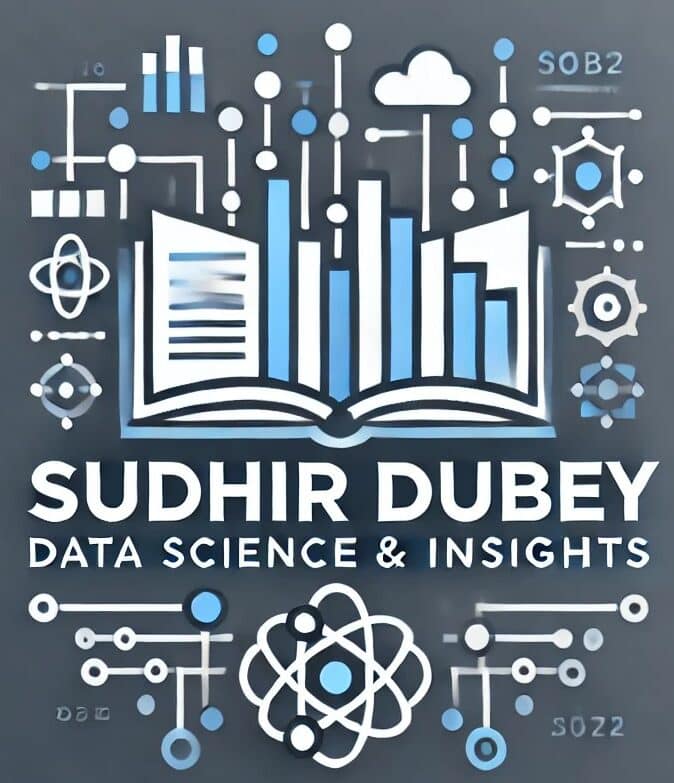Advanced AI in Finance: 2025’s Essential Insights for Fraud Detection & Trading
AI in Fraud Detection
Fraud detection in finance utilizes AI to enhance security measures, employing machine learning algorithms to identify patterns and anomalies in transactions. Tools like neural networks and decision trees process vast datasets to predict potential fraud with a high degree of accuracy. These systems continuously evolve, learning from new patterns and refining their anomaly detection capabilities.
For instance, according to a study, financial institutions utilizing AI in fraud detection have reduced false positives by over 50%. As a result, companies can allocate resources more efficiently and minimize customer inconvenience.
AI in Algorithmic Trading
AI-driven algorithmic trading has become essential for investors seeking competitive advantages in the market. Machine learning models evaluate historical data to devise trading strategies that maximize returns and manage risks. Techniques such as reinforcement learning are increasingly employed to adapt decision systems based on market dynamics.
Moreover, AI tools like IBM Watson’s Financial Services harness unstructured data, providing traders with actionable insights. This not only increases profitability but also democratizes trading strategies allowing institutions of all sizes to compete effectively.
Emerging Trends in Finance AI
As AI continues to mature, several emerging trends in finance are beginning to take shape. One such trend involves the integration of blockchain with AI to enhance transparency and traceability in transactions. Another key trend is the rise of AI-driven robo-advisors that offer personalized investment advice at scale.
Cloud-based AI platforms are also gaining traction, enabling financial organizations to deploy scalable solutions without hefty infrastructure investments. This trend aligns with the broader shift towards digital-first financial services, enhancing efficiency and reducing costs.
Real-World Case Studies
Case Study: JPMorgan Chase
JPMorgan Chase utilizes an AI-powered system named COiN to streamline legal document review. By employing natural language processing (NLP), COiN reviews loan agreements typically requiring thousands of hours of manual processing, accomplishing the task almost instantly.
Case Study: MasterCard
MasterCard has successfully implemented Decision Intelligence, an AI-based platform that assesses the likelihood of transactions being fraudulent. Since its implementation, Decision Intelligence reduced incidents of false declines, enhancing customer satisfaction and trust.
FAQs
How does AI improve fraud detection in finance?
AI systems analyze transaction data for patterns, allowing banks to detect anomalies and predict fraudulent behavior with high accuracy.
What are AI robo-advisors?
AI robo-advisors are automated platforms that provide financial advice based on user inputs and market data, often at a lower cost than traditional advisors.
What is reinforcement learning in trading?
Reinforcement learning is an AI model that optimizes trading strategies by learning from interactions with the market environment, aiming to maximize profits over time.
Conclusion
AI’s impact on finance is transformative, enhancing capabilities in fraud detection and algorithmic trading. As AI technologies continue to evolve, finance professionals must stay abreast of trends and innovations. Embracing AI-driven solutions is not just a competitive advantage but a necessity in today’s digital-centric financial landscape.
For more insights on AI applications in finance, explore further articles on our blog.



